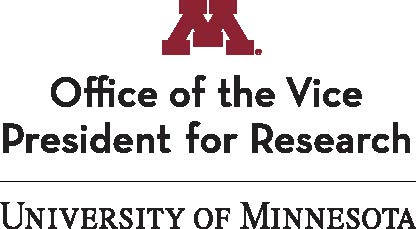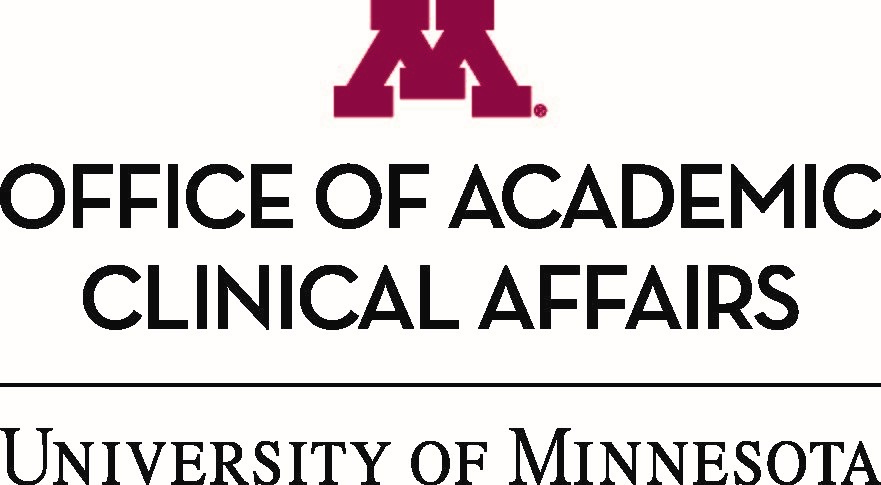Prolonged antibiotics were common in hospitalized COVID-19 patients with and without sepsis during the first 33 months of the pandemic, despite low rates of proven bacterial infection, researchers reported today in Antimicrobial Stewardship & Healthcare Epidemiology.
For the study, researchers from Harvard Medical School and Brigham and Women's Hospital analyzed electronic health record data for patients hospitalized for community-onset SARS-CoV-2 infections at five Massachusetts hospitals from March 2020 through November 2022. Their primary aim was to describe prolonged antibiotic use (4 or more days of antibiotics within the first week following admission) in COVID-19 patients presenting with sepsis, which is primarily caused by bacterial infections and typically treated with antibiotics but can be triggered by viral pathogens, including SARS-CoV-2.
Prolonged antibiotic use remains elevated
Of the 431,017 hospitalizations during the study period, 21,563 (5%) had COVID-19, and 4,769/21,563 (20.5%) presented with sepsis. Prolonged antibiotics were prescribed for 48.7% of COVID-19 patients with sepsis and 17.1% without sepsis, despite low rates of positive bacterial cultures on admission (15.0% vs 6.3%, respectively).
While quarterly rates of prolonged antibiotics declined between the first and second pandemic quarters for both sepsis (66.8% to 43.9%) and no-sepsis (31.8% to 24.4%) groups, there was no significant change in prolonged antibiotic use from the second quarter through November 2022 in either group, with quarterly adjusted odds ratios of 1.02 (95% confidence interval [CI], 0.99 to 1.05) and 1.01 (95% CI, 0.99 to 1.03), respectively.
The study authors say the elevated ongoing rates of prolonged antibiotic prescribing for COVID-19 patients likely reflects concerns about possible bacterial co-infections.
"Our findings highlight an ongoing opportunity to improve antibiotic use in patients presenting with severe respiratory viral infections," they wrote.

.jpg)














